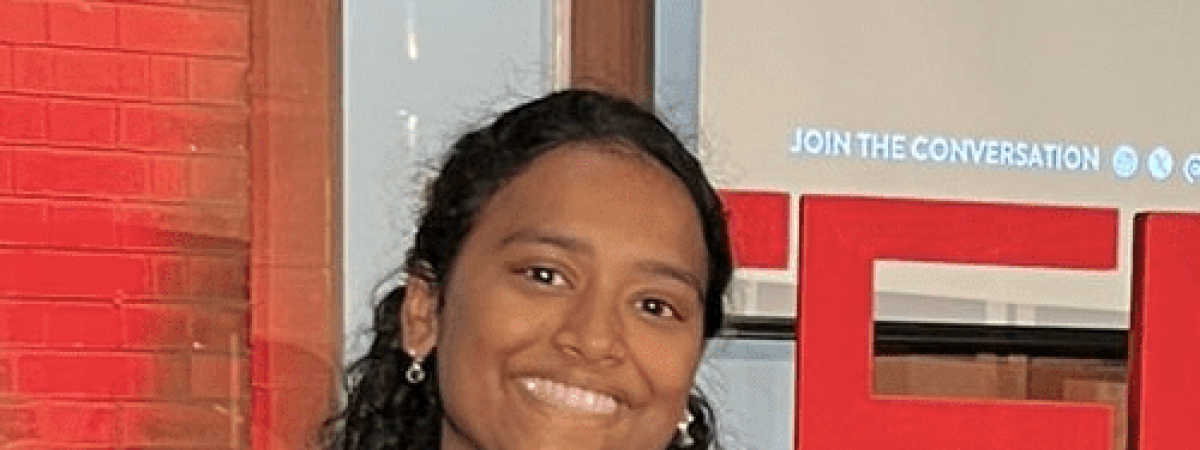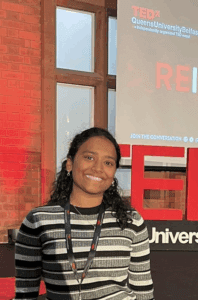Meet Ann Robinson, one of our 2025 Irish Endocrine Society/Diabetes Collaborative CTN Summer Students
Q. What is your name?
A. Ann Robinson.
Q. Where are you from?
A. Surrey, England.
Q. Why did you pick medicine as a career?
A. I chose medicine because it perfectly combines my curiosity for science with a deep desire to help others. I have always been fascinated by how the human body works, but it was my experiences shadowing clinicians and volunteering in healthcare settings that solidified my interest. Medicine offers the unique privilege of lifelong learning and the opportunity to make a meaningful impact in people’s lives, often during their most vulnerable moments.
Q. Why did you choose the Irish Endocrine Society/Diabetes Collaborative CTN for your summer placement?
A. I got in touch with my supervisor, Dr. Loughrey, because I was really interested in his research on pituitary neuroendocrine tumours (PitNETs), particularly his use of digital pathology to explore familial disease, and biomarkers linked to tumour behaviour. I was fortunate enough to be offered the chance to join his lab for a summer project, and he encouraged me to apply for the Irish Endocrine Society/Diabetes Collaborative CTN placement. What appealed to me most about the CTN was its focus on collaborative, translational research, connecting what happens in the lab with real improvements in patient care. It felt like a great opportunity to contribute to meaningful work in endocrinology while learning from a network that’s at the forefront of both research and clinical impact.
Q. What is your research project about?
A. My project focused on the digital assessment of Cytotoxic T-Lymphocyte Associated Protein 4 (CTLA-4) expression using multiplex immunofluorescence and artificial intelligence, comparing its levels in somatotroph and corticotroph PitNETs as well as in normal pituitary tissue.
Q. Who is your Mentor/Supervisor?
A. Dr Ben Loughrey.
Q. What is the one thing you wish everyone knew about diabetes?
A. I wish people understood that diabetes is a long-term condition that goes far beyond just managing blood sugar. It’s a complex, multifaceted condition that affects nearly every system in the body and can have significant emotional and social impacts. It’s also a condition where patient empowerment, education, and early intervention can make an enormous difference. There’s still a lot of stigma and misinformation surrounding diabetes, and greater awareness could lead to better support and outcomes for those living with it.
Q. Ways to relax are important in all careers; how do you like to relax?
A. I’ve recently taken up running, and it’s quickly become one of my favourite ways to unwind. Whether it’s a short jog after lectures or a longer weekend run, it helps me clear my mind and manage stress. There’s nothing quite like the feeling of a runner’s high, it’s such a good reset both mentally and physically at the end of the day.
Q. Where do you hope to see yourself in five years?
A. I hope I’ll be finishing foundation training and getting ready to apply for specialty training, possibly in endocrinology, depending on where my interests take me. I’d love to stay involved in research too, especially projects that make a real difference in patient care. More than anything, I just want to keep learning, growing, and becoming the kind of doctor who’s not only skilled but also compassionate and grounded.
Q. Where can people find out more about your exciting career i.e. social media etc.?
A. You can find more about me on: LinkedIn.

